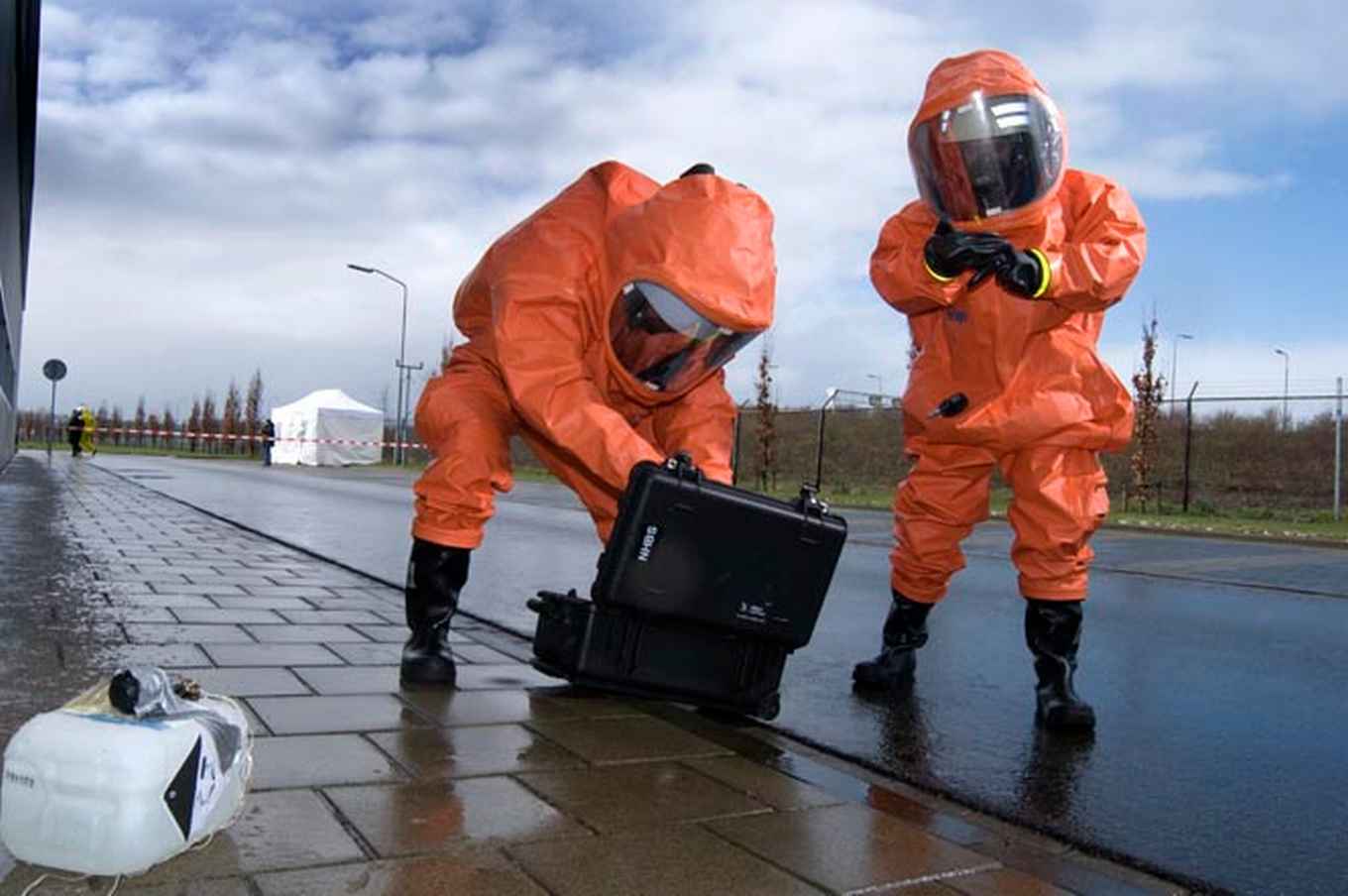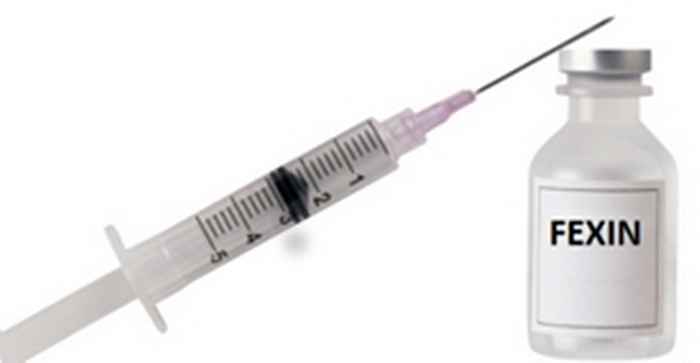UvA to collaborate in forensic research on explosives
28 January 2016

The FEXIN project (an acronym for Forensic EXplosives Intelligence) has three main themes: chemical profiling of illegal firework; impurity profiling to unravel synthesis conditions and raw material use; and explosive residue analysis in forensic traces. The overarching goal is to develop forensic methods that assist in solving crime and that could prevent the misuse of explosives.

At the end of 2015 TNO, the NFI and the UvA signed an agreement to officially start this new collaboration. Ove the next four years, a PhD researcher will conduct the research at all three partners in order to make use of the extensive expertise, equipment and infrastructure. The researcher will also visit the forensics department of the National Institute of Standards and Technology (NIST) at the campus in Gaithersburg (United States).
Forensic innovation
FEXIN is led by Prof. Arian van Asten of the NFI, who is also professor by special appointment of Forensic Analytical Chemistry at the UvA and co-director of the Co van Ledden Hulsebosch Center, the interdisciplinary expertise center for forensic scientific innovation.
The PhD student is appointed in the group of Prof. Peter Schoenmakers at HIMS, providing state-of-the-art knowledge in chemical and analytical chemical expertise. The FEXIN project also benefits from the new center CASA in which the UvA and Vrije Universiteit Amsterdam collaborate in the field of analytical chemistry.
TNO brings unique expertise with respect to explosives synthesis and testing whereas the NFI has substantial experience with forensic casework in the area of explosives and explosions.
The FEXIN initiative is made possible through the Internal Security Fund (ISF) of the European Union.